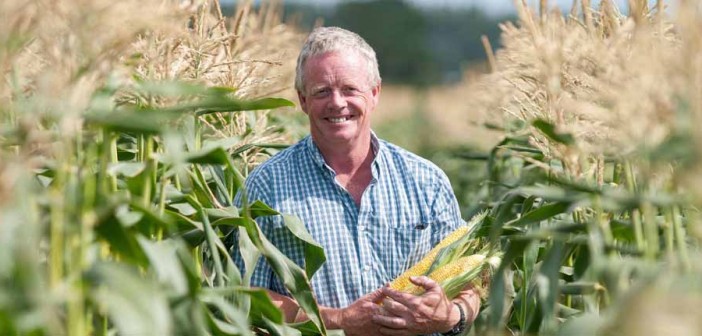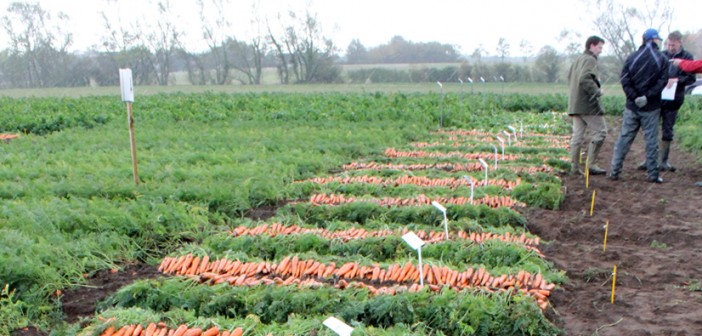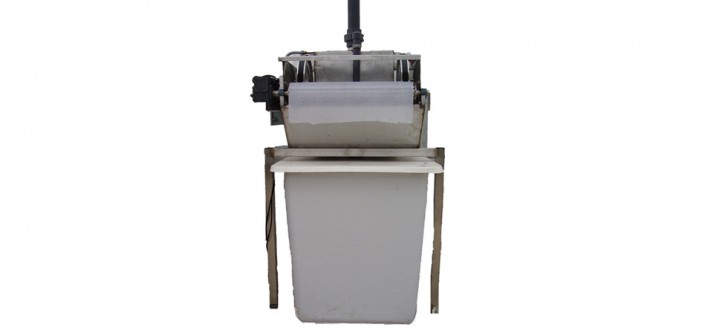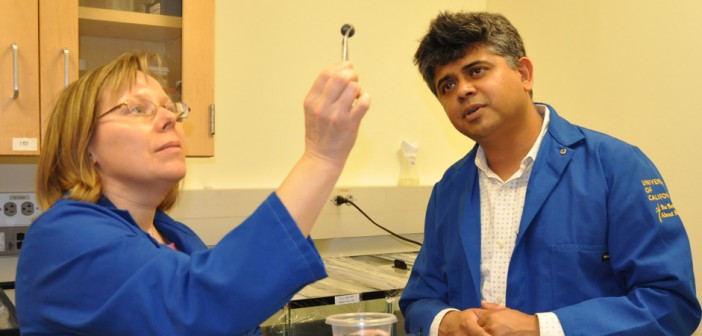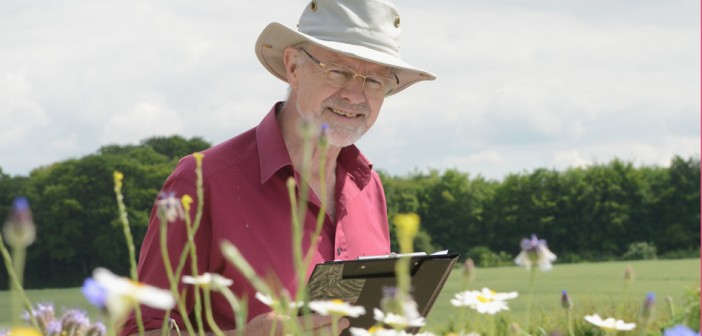The Biotechnology and Biological Sciences Research Council (BBSRC), the Natural Environment Research Council (NERC) and 12 industry partners are to fund six research projects to improve the sustainability of UK farming.
The grants totalling £4.7 million are part of the first round of the Sustainable Agriculture Research and Innovation Club (SARIC), which was developed by BBSRC, NERC and industry partners, which pay a subscription fee to be part of SARIC, to support innovative projects that will provide solutions to key challenges affecting the efficiency, productivity and sustainability of the UK crop and livestock sectors.
Dr Celia Caulcott, BBSRC Executive Director, Innovation and Skills, said, “These studies will help address important challenges for the UK’s farming industry, which is worth billions to our economy, and help progress towards sustainable agricultural systems for the future.
“The collaboration between industry and the Research Councils as part of SARIC will streamline the translation of findings from these studies into tangible benefits for producers and consumers, and help us meet the challenge of sustainably feeding a growing world population.”
The funded projects include a study to look at the impacts of different vegetation in riparian buffer strips on hydrology and water quality.
The second call for SARIC applications is now open for grant proposals with up to £5M available in research grants and research translation grants. The theme of the call is ‘predictive capabilities for sustainable agriculture’. For more information about the second SARIC call visit: www.bbsrc.ac.uk/funding/opportunities/2015/saric-apply/

The post BBSRC to invest in farm research appeared first on Hort News.
